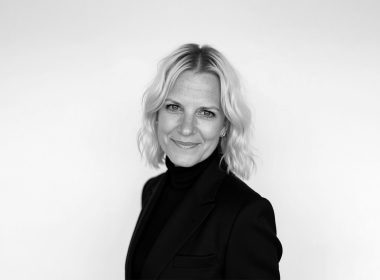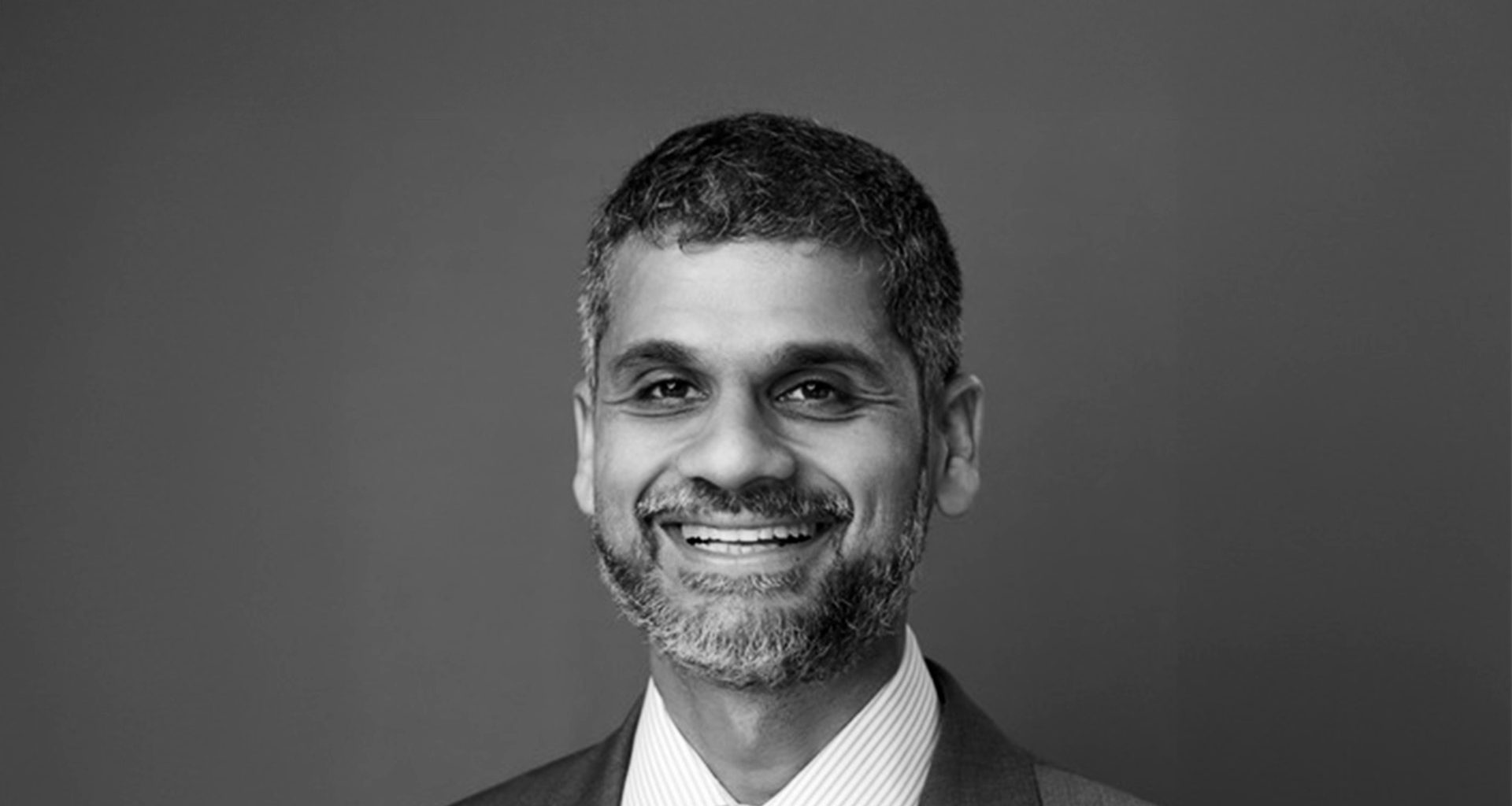Scaling businesses across multiple sectors is no small feat, yet Farooq Cheema has done so repeatedly. As President and Founder of ForgeScale, Cheema has built a reputation for identifying, acquiring, and growing companies in industries as varied as commercial cleaning, freight brokerage, e-commerce, and dental supply. “My formula for consistent growth has always been straightforward: lean teams with a clear vision, a well‑defined culture, and incentives that truly recognize contribution,” says Cheema.
Vision That Drives More Than Effort
Vision is about aligning a small, high-trust group around a shared mission, ensuring that each person feels ownership of the outcome. This shared vision, he argues, provides the fuel to sustain performance in businesses where agility and speed often make the difference between winning and losing contracts. “Growing with a lean team requires a lot more than just a regular 9 to 5 level of effort,” he explains. “Being able to paint a picture that really speaks to your team and what they want to help build is essential.”
Building Culture With Intention
In Cheema’s experience, culture is the accelerator for lean organizations. He compares it to drops of dye in water: subtle at first but quickly diffusing across the team. “The more they interact, the more they learn, the more they like it, and the more they help new people learn it too,” he says. That culture is built deliberately from recruitment onward. Job postings are crafted with character to attract the right people, candidates undergo both competency and personality assessments, and final evaluations include team input to ensure cultural fit. Once onboard, new hires are coached by peers on decision-making norms and communication styles. The result is a workplace where individuals are empowered to raise solutions rather than hesitate over hierarchy. Cheema insists that culture also requires care beyond process. He keeps his teams largely in-office to allow spontaneous conversations and regular check-ins, reinforcing both accountability and genuine concern for colleagues’ progress.
Incentives That Evolve With the Business
While vision and culture lay the groundwork, Cheema views incentives as critical to sustaining high performance. “In an early stage company, people who are willing to take more risks might be more motivated by equity,” he says. “Once an organization is very large, it will be more cash based.” This sensitivity to context ensures that rewards match both the business’s stage and employees’ expectations. Recognizing contributions and aligning compensation with organizational goals not only attracts talent but also ensures that lean teams remain motivated to outperform.
Engineering Discipline Meets Entrepreneurial Growth
Cheema’s background in engineering and software development shapes his leadership style (colleagues once joked his middle name was “SOP” — standard operating procedure). He has instilled a culture of after-action reviews, continuous improvement, and strict process discipline, from structured meetings to feedback loops that turn missteps into refinements. “We’re much more open to using technology to do routine tasks,” he explains. Offshore operations and customized software solutions allow his companies to cut costs and streamline communication, while AI tools are encouraged to replace repetitive work. Employees are then steered toward higher-level responsibilities, giving them both growth opportunities and better compensation.
The Competitive Edge of Lean Teams
One memorable example of his lean time approach came when his firm was asked to prepare a government contract proposal. Competitors assembled large teams and spent weeks drafting responses — Cheema’s group was able to produce a winning submission in just a few days. “One person already knew what the other department was working on,” he recalls, noting how familiarity and trust cut down on duplication. The client appreciated not only the speed but the sense that this tight-knit team could adapt as the project evolved. Proof, for Cheema, that smaller teams, when structured well, can outpace larger organizations in both clarity and agility.
Scaling Smart
For founders seeking sustainable scale, “find somebody who’s done it before, and hire good people who’ve done it before too,” says Cheema, emphasizing that leaders develop the skills needed to manage experienced talent rather than trying to outwork them. Even seasoned entrepreneurs encounter growth plateaus. Cheema credits a willingness to evolve team composition as crucial to breaking through. “Part of a plateau is complacency,” he reflects. Bringing in experienced advisors helps identify blind spots, while hiring specialists acknowledges that not every team member can grow at the same pace as the company.
To follow Farooq Cheema’s work and insights, connect with him on LinkedIn or visit his website.











